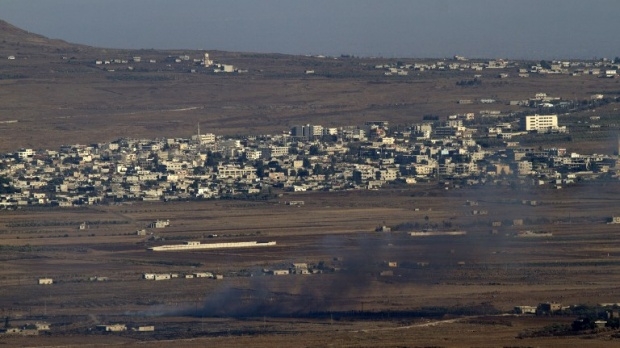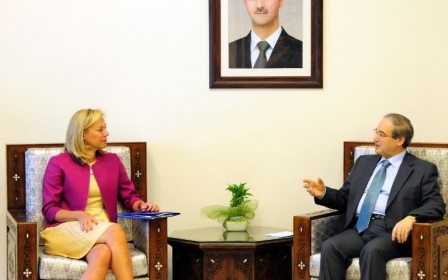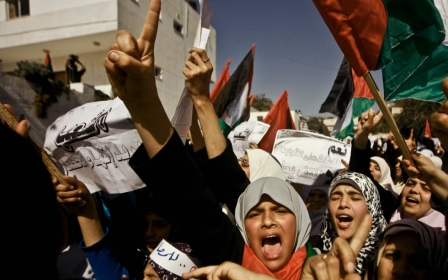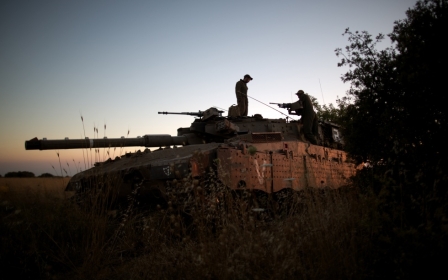Israel: Assad forces behind cross-border attack in Golan Heights

Israel's Foreign Minister Avigdor Lieberman said on Tuesday that military forces loyal to the government of Syrian President Bashar al-Assad were behind a cross-border attack that killed an Israeli teenager.
"We received all the analyses and intelligence: it was clear that it was Syrian authorities," Lieberman told public radio.
"Assad's forces fired at the Israeli civilian, on the vehicles that had stopped by the border, and they need to pay the price," he added.
The 13-year-old Arab Israeli, the son of a defence ministry contractor, was killed on the Golan Heights on Sunday when a missile hit the car he was in with his father.
Initial indications suggest the blast, which took place just south of the Quneitra crossing in the centre of the plateau, was caused by a mortar shell fired from neighbouring Syria, a security source told AFP, speaking on condition of anonymity.
The army said it was a deliberate attack against Israel, but was initially uncertain as to whether regime or opposition forces were behind it.
Israel responded immediately with tank fire, and hours later launched air strikes targeting Syrian military headquarters and positions.
Syria said the strikes killed four soldiers and wounded nine, and on Monday urged the United Nations to condemn Israel's "flagrant violation" of its territory.
Lieberman said the Israeli reaction was "just how it should have been", and warned: "That's also how it will be in the future."
"I hope Damascus got the message," he added.
The Israeli army, meanwhile, said it was "observing the border very closely" and was "prepared for any development", but made no major changes in its deployment on the Syrian border.
"It seems that things are under control," army spokesman Lieutenant Colonel Peter Lerner told AFP.
Israel, which is technically at war with Syria, seized 1,200-square-kilometre of the Golan Heights plateau during the 1967 Six Day War and later annexed it in a move that has never been recognised by the international community.
Since the Syrian conflict erupted in 2011, the plateau has been tense prompting occasional armed responses.
New MEE newsletter: Jerusalem Dispatch
Sign up to get the latest insights and analysis on Israel-Palestine, alongside Turkey Unpacked and other MEE newsletters
Middle East Eye delivers independent and unrivalled coverage and analysis of the Middle East, North Africa and beyond. To learn more about republishing this content and the associated fees, please fill out this form. More about MEE can be found here.




